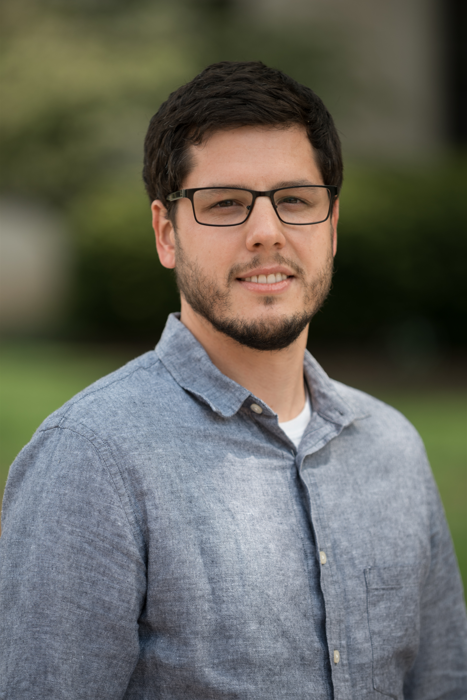 Daniel Tyrrell, Ph.D., Assistant Professor, Division of Molecular and Cellular Pathology, has been awarded grant funding from the American Federation for Aging Research (AFAR) for his study of, “Understanding Gzmk+ CD8+ T Cell Development and Activity in Aging.”
Daniel Tyrrell, Ph.D., Assistant Professor, Division of Molecular and Cellular Pathology, has been awarded grant funding from the American Federation for Aging Research (AFAR) for his study of, “Understanding Gzmk+ CD8+ T Cell Development and Activity in Aging.”
“Most studies using mice haven’t really looked at [Gzmk+] cells because people typically use young animals in research, and they tend to show up in older animals,” Tyrrell says. “We don’t really know what they do, or why they accumulate, but they could be contributing to disease.”
The two-year, $150,000 award is provided by the Glenn Foundation for Medical Research (GFMR) and AFAR to junior faculty (M.D.s and Ph.D.s) to conduct research that will serve as the basis for longer term biomedical and clinical research efforts on the biology of aging.
Tyrrell’s work for this award is on a subset of T cells that he and his team identified and published about in a paper last year in Nature Aging, “Clonally expanded memory CD8+ cells accumulate in atherosclerotic plaques and are pro-atherogenic in aged mice.”
Tyrrell’s team works to model disease in older animals, having found these cells in older control mice and atherosclerotic mice by looking for a specific gene and protein, granzyme K. Using the flow cytometry lab they found surrogate markers that help identify the proteins that are expressed in Gzmk+ T cells.
“In humans you find these cells in tumors, and in the joints of people with arthritis, but they also accumulate in the healthy tissues of older people,” Tyrrell says. “We think they might accumulate due to repeat antigen exposure, due to aging. We see them accumulating in the brain, for example, and you probably wouldn’t want them there.”
The cells are found in tissues throughout the body, Tyrrell says, and his team is, “going to try to disrupt their signaling to see if that will prevent them from accumulating. No one really knows what Granzyme K really does.”
Tyrrell, who joined the department in 2022, received his Ph.D. in Integrated Physiology and Pharmacology from Wake Forest School of Medicine in Winston-Salem, North Carolina, before completing postdoctoral training as a research fellow in the University of Michigan’s Department of Cardiology. During his postdoctoral training, Tyrrell published on how aging leads to vascular mitochondrial dysfunction and inflammation which enhance atherosclerosis in a mouse model.
Steven Austad, Ph.D., Protective Life Endowed Chair in Healthy Aging Research and a Distinguished Professor in the UAB Department of Biology, is AFAR’s Scientific Director.